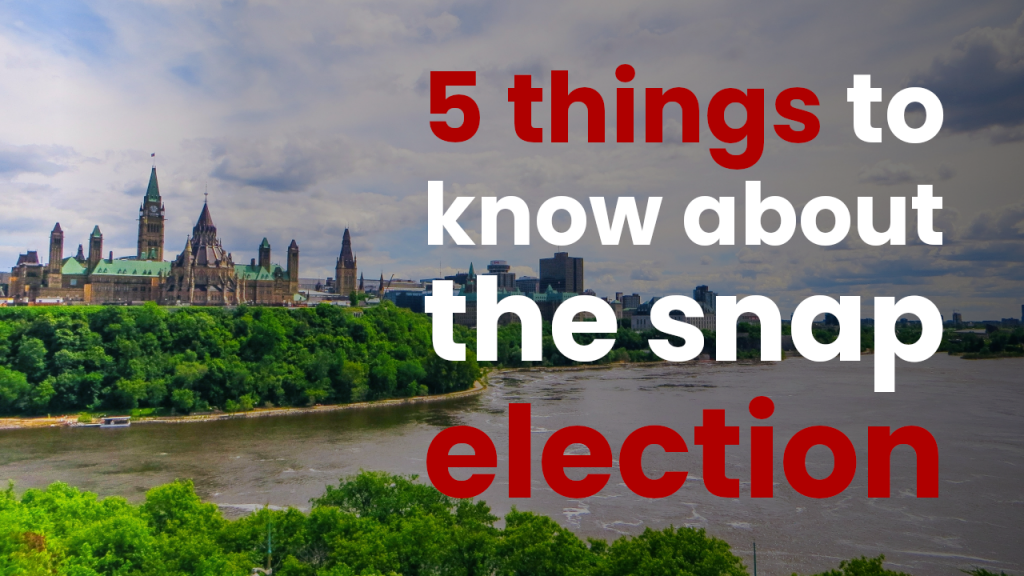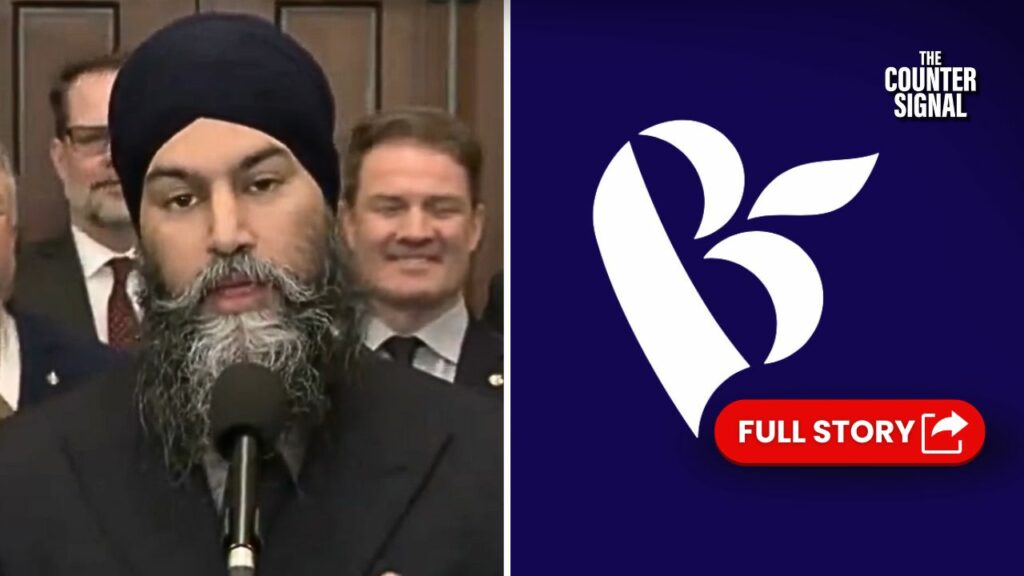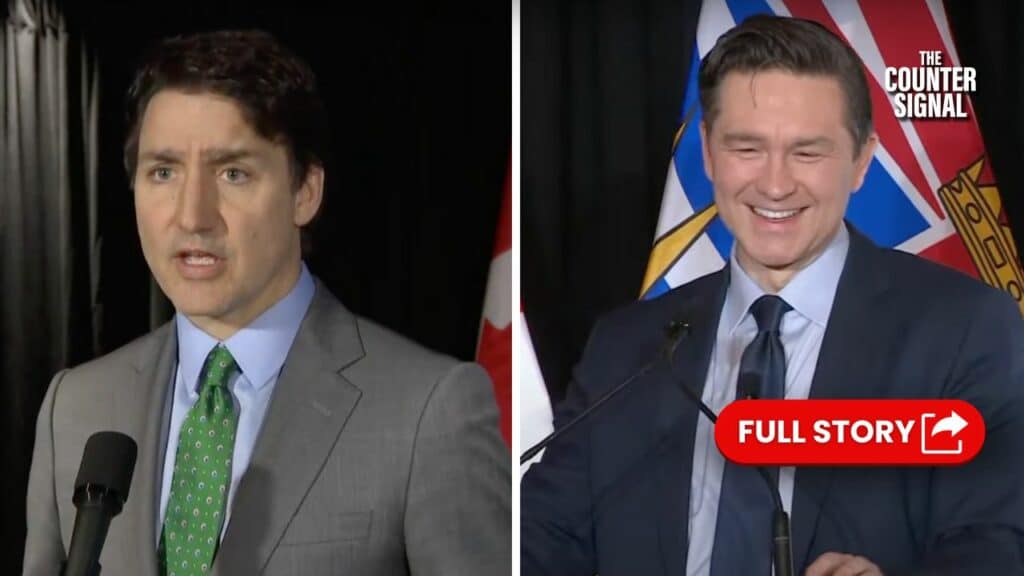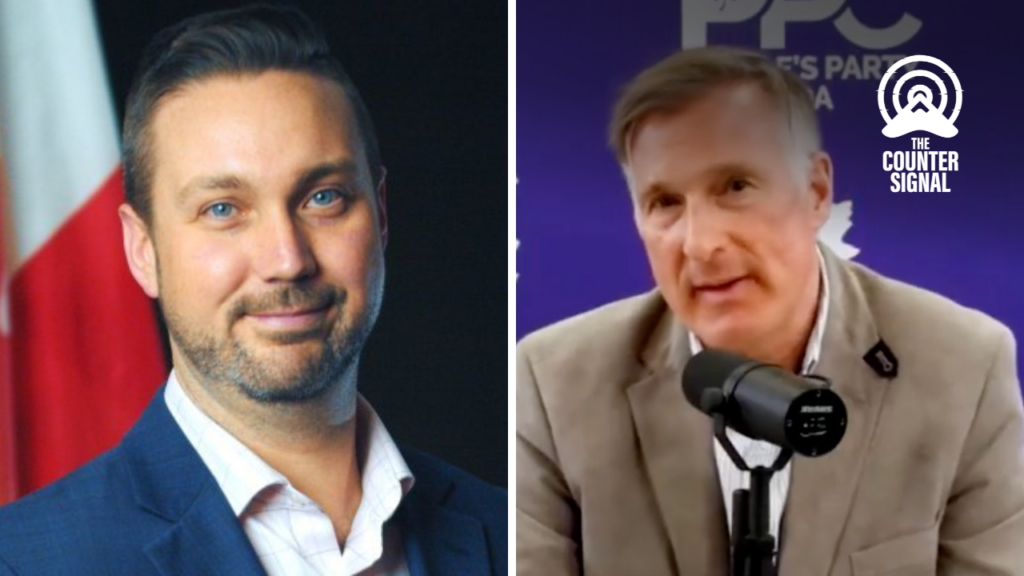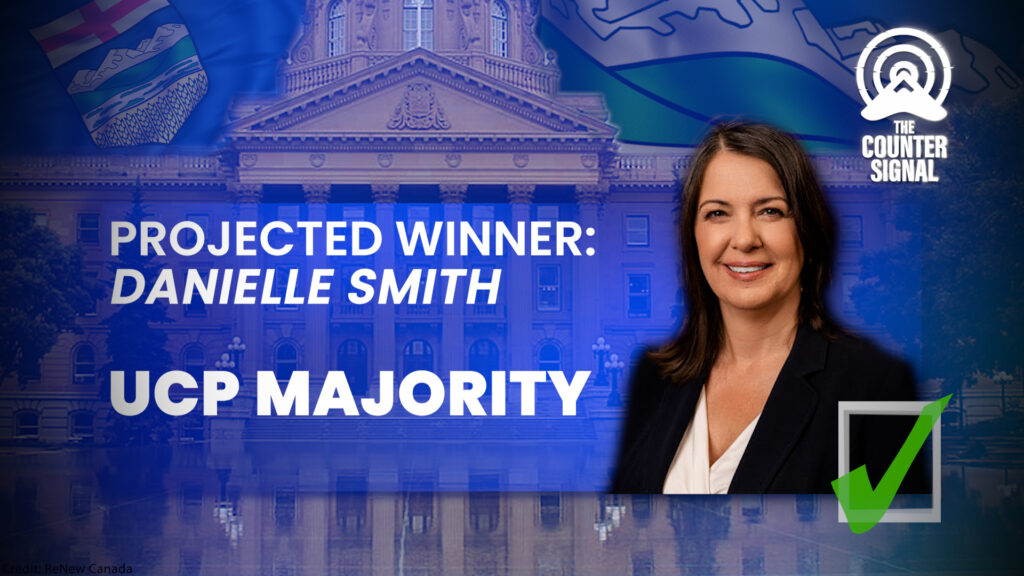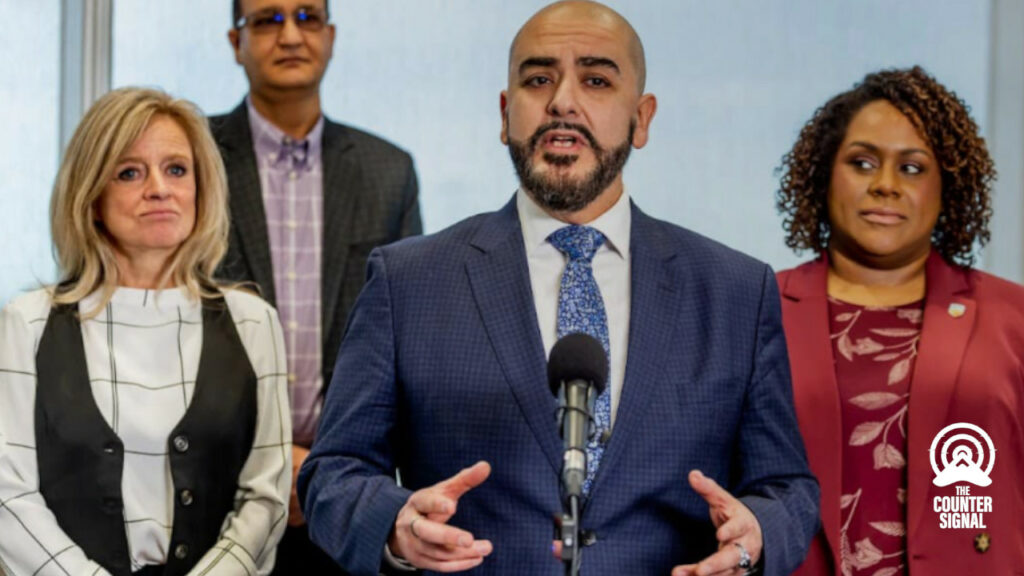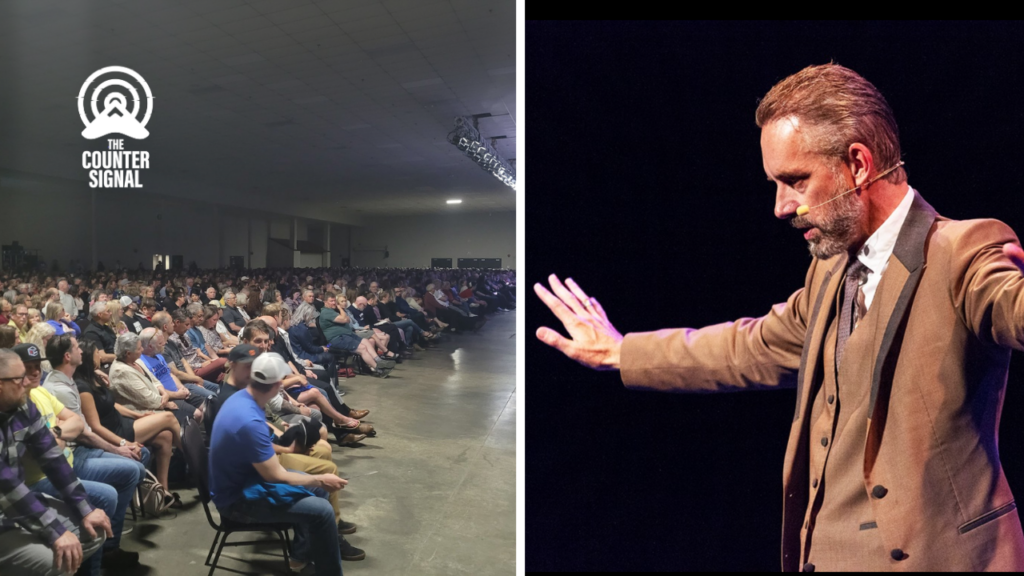
Unbeknownst to many Canadians, a snap election is on the horizon. With the Liberals in as good a position as ever, PM Justin Trudeau has already taken steps towards this now-unavoidable end. As such, it is important for Canadians to know what they are in for as precedents are scrapped for political gains.
1. Every major party leader, aside from Trudeau, appears to be against the election’
Both NDP leader Jagmeet Singh and CPC leader Erin O’Toole have voiced their concerns regarding a snap election and pushed for averting such an election until the end of the pandemic.
In the case of the former, Singh has personally asked Governor General Mary Simon to refuse Trudeau’s request to dissolve parliament, citing the fact that Trudeau has lost no votes of confidence and that laws state that the election is to be held every 4 years.
Despite asking this, Singh has already been on the election trail, with the dissolution of government being a forgone conclusion which will be brought to fruition only too soon.
Similarly, O’Toole has stated that he does not want an election anytime soon, but that he has put contingency plans into place if and when an election is called, with the hopes of retaining as many seats as possible.
2. Who has the authority to call a snap election and why is this option available?
Historically, elections are scheduled no later than 5 years after a government has been formed, but that changed to 4 years under the Harper government. With that said, as the representative of the Crown, the Governor General has the sole authority to call what is referred to as a ‘snap election’ or, more precisely, an unscheduled election.
While this authority sounds like an powerful position within government, the role is hardly discretionary. Since Canada gained its sovereignty, the Governor General almost always defers to the will and discretion of the reigning Prime Minister to call an unscheduled election.
At the behest of the Prime Minister, the Governor General will generally dissolve parliament and “drop the writ,” starting the process of polling the electorate. Typically this happens after a Prime Minister has lost a vote of no confidence.
3. Why will Trudeau seek a snap election?
Recently, Justin Trudeau survived three budgetary votes of no confidence — thanks in large part to the NDP. Nonetheless, Trudeau is still trudging along with his plans of calling a snap election in the middle of a pandemic.
The most likely reason, as has been speculated, is sheer opportunism mixed with a desire to consolidate power. The largest opposition party, the Conservative Party, is fractured; and no other party seems to have the slightest chance of dethroning the Liberals.
In other words, the Liberals are perfectly positioned to re-establish the majority government they lost in 2019, but it is not a sure thing, yet.
So why wait two years for the Conservatives to get themselves together or for the NDP to better distinguish themselves in opposition to the Liberals? The time is ripe, and Trudeau is seizing the moment.
4. Mass mail-in-ballots are expected and there will likely be delays in election results
Chief Electoral Officer Stéphane Perrault has stated that he expects that mail-in-ballots will be used significantly more than usual due to the ‘fourth wave’ of COVID-19. By significant, Perrault is predicting as many as five million mail-in-ballots. This is compared to roughly 50,000 in 2019, an increase of 10,000%.
Due to the mass increase of mail-in-ballots, Perrault predicts that dealing with the mass influx of mail-in-ballots will delay election results by 5 days. “As much as we like early results, I think Canadians expect that we do it right,” Perrault said in an interview with the Canadian Press.
Despite concerns that many now have regarding the use of mail-in-ballots due to the recent U.S. federal election, Perrault says that he is confident that Canadians will be more accepting of the outcome because there is apparently no “deep partisan divide” in Canada.
5. The Liberal Government only needs to gain 13-15 more seats to form a majority government and seize power
The Liberals won 157 seats in the House of Commons out of 338. This that the LPC only needs to retain their current ridings and gain between 13 to 15 seats — the slight discrepancy in number is due to MPs occasionally stepping down during the dissolution of government — to reclaim the majority that they lost in 2019.
And there is good reason to believe that they can do just that.
According to Reuters, “There are precedents that look promising for the Liberals. Four of Canada’s 10 provinces held elections during the pandemic with the sitting government winning every time.”
Overall, the Liberals appear poised to win a game of their own making. The Conservatives have only barely started campaigning and the NDP looks feeble compared to the Liberals. Only time will tell, but this Fall is shaping up to be a rollercoaster that few need or want.
Support The Signal!
-
Justin Trudeau claims that truckers only hate him because he is black. https://t.co/q1Biaibeo0
-
RT @KrisEriksen77: Listened to @TheRealKeean‘s convoy coverage chat and it was great.
At one point @TheoFleury14 made a great point.… https://t.co/I2rB9WF0Tm
